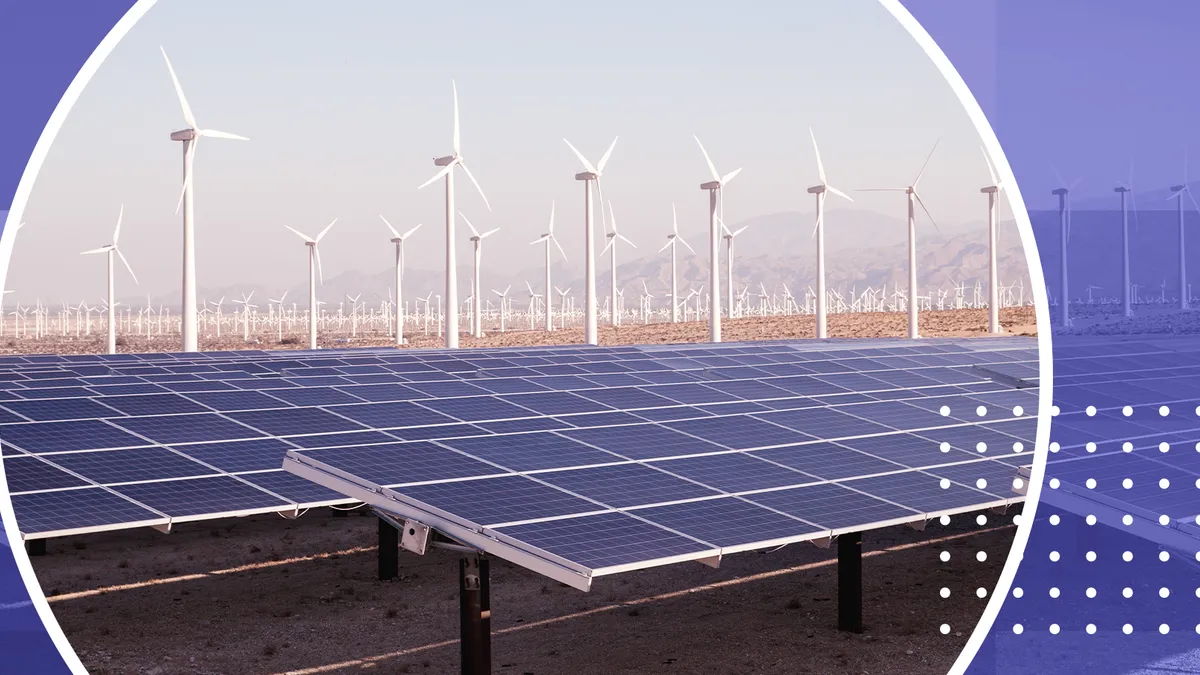The following is a contributed article by Lavannya Pulluveetil Barrera, access and equity program manager at Vote Solar.
The clean energy industry and its advocates have been subject to renewed scrutiny in the wake of uprisings in defense of Black Lives. While the industry responded with statements of solidarity, many thought leaders justifiably pointed out how far we are from realizing the equitable energy future we dream of.
It has remained an uncomfortable industry fact that racism and a history of exclusion have produced the unequal distribution of benefits we see today.
Clean energy is at a crossroads. One path allows for business as usual while the other requires cultural transformation. The second path can seem daunting for an industry so focused on technical solutions. But to continue on the path we are on actively harms frontline communities. If we want to build back better coming out of this pandemic, industry and advocates alike need to do the hard work of changing cultures, and a good place to start is in partnerships.
Partnerships with frontline communities, communities of color, and low wealth communities are essential to creating a just energy system. It should come as no surprise that those closest to the problem hold the most transformative solutions, yet often the leaders representing those communities are absent from coalition tables pushing clean energy policy are not heard on mainstage panels at conferences, are not contacted when building projects where people stand to benefit the most from the clean energy transition.
Even well-intentioned efforts to benefit these excluded communities have resulted in mistrust and the marginalization of the very people meant to be included. Black environmental leaders have called for new ways of forming partnerships, but where to begin?
Take stock
Shifting your perspective and practice requires understanding yourself and your organization. Reflect on your organizational culture. Is it inclusive and equitable? Think about how your organization is seen out in the world. What stories might people have about your organization and industry?
Understand that while you are an individual, you also represent your organization. Your history, be it good or bad, influences how you are perceived in partnerships. Take a proactive stance and address uncomfortable points of tension or history.
Confront the ways in which racism, ableism, classism and other forms of discrimination manifest in your organization and in yourself. Be honest and understand where your biases show up most frequently and how they affect your approach to your work and other people. Challenge those biases by learning what is at the root.
Once you take stock of how your biases may impact partnerships, you will have started a list of what needs addressing.
Learn the history
Partnering with and working in frontline communities requires learning the history of environmental and energy injustice. These movements began in Black and brown communities and the legacy of that work matters today. Create internal opportunities to discuss these movements with a guest speaker or via a book club. Recognize that communities facing persistent discrimination in the creation of their environment have a compounded experience of those effects over time. Knowing that, how can you honor that history in your partnerships and work?
Research the specific communities you are seeking to work with as well. What are their strengths? What are organizations there working on? What is their vision for the communities they serve? How might your work supplement what they are already doing? Taking the time to learn about your potential collaborators is a sign of respect and signals commitment.
Set intentions
Before initiating outreach, outline what your intentions are for building this relationship. Why is this partnership needed? How will it further progress toward your goals and those of your partner? Be clear about the outcomes you hope to actualize and how your goals may or may not be in line with potential partners.
Go a step further and establish organizational Partnership Principles. Partnership Principles define what an equitable partnership looks like. These principles define your values and are a tool for accountability. For inspiration, review The Principles of Environmental Justice, the Jemez Principles for Democratic Organizing, and the Principles for Alliance with Green Groups.
Translate what resonates and add what is necessary to accurately reflect your commitment. By creating these principles and channels of accountability, you offer clarity to everyone involved.
Practice and commitment
Reflection, learning, and principles mean little without implementation. Partnerships, as I’ve learned, require energy, time, resources, and action. The work is necessarily slow as relationships move at the speed of trust.
Continue to show up for communities with respect and mutuality in mind. You will make mistakes. Commit to doing better when offered the kindness of feedback. This is forever work.





















